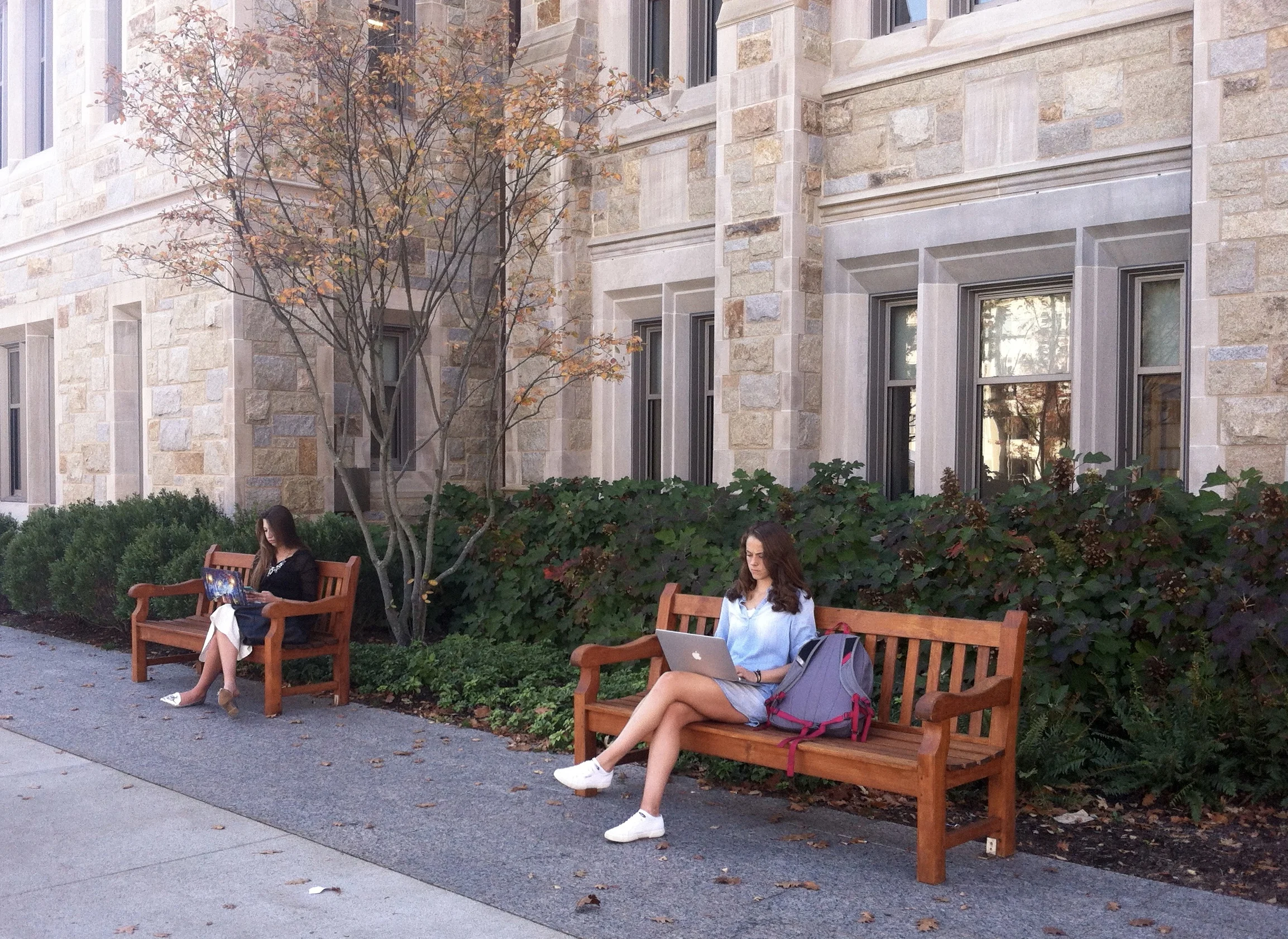By Adela Penagos, PhD, President
As we begin a new year, many resolutions pop up in our minds. I am thinking of getting in better shape, making the courses I teach more engaging, allowing for time to unplug from my technological gadgets, and learning Gaelic. However, as I plan my first day back at Boston College, I am sharing with my students the following tips, as I hope many more of them will earn an A in my course and dream in Spanish by the end of the semester.
1. Read your course syllabus.
Last semester I did not cease to be surprised by how many of my students would show up to class without having looked at their syllabus and studied the assigned material prior to our lesson. As faculty, we take significant time to revise our syllabi and think of the points that will help you understand the material better. If you devote time to following the guidance your professors give you, you will make your life easier and learn more, and your grades will reflect your time investment. My extensive teaching and academic advising experience, have taught me that there is a close relationship between excelling academically and mastering the subject one studies.
2. Learn to follow directions.
Many of the students I have taught, advised, and mentored have successfully entered prestigious graduate and professional programs, obtained Fulbright scholarships, and lucrative jobs. The most successful students have been able to follow directions. While you might take pride in being a rebel or beating your own drum, not following directions correctly inevitably results in poor performance in your classroom assignments and tests. Eventually, this could translate in being dismissed from a job. Thus, unless you are planning on not interacting with anyone in your career, learning how to follow directions is equivalent to learning how to listen and both skills will be highly rewarded regardless of the path you choose in your future.
3. Prepare.
You got into college because you prepared to properly complete your high school courses and the college application process. Thus, use those skills to prepare before showing up to your lectures, lab, or any other class activity. The more prepared you are, the more you will get out of your college experience in each course you take. You should not leave your textbook, lab manual, or any other necessary tool to perform during class time. Furthermore, any time that, after carefully reading your course material, there is something you do not understand, prepare a thoughtful question and ask for clarification during your class meeting. These skills are not only going to make you a better student, but will prepare you to excel during any job interview you will have in the future.
Embarking on a new semester is an exciting time for those teaching and learning alike. You will develop new relationships with your faculty and peers, master a new subject area, and hopefully change any of those old habits that got on the way to reach your full potential. Have a great beginning to a new year.



